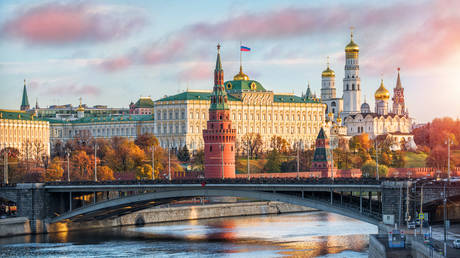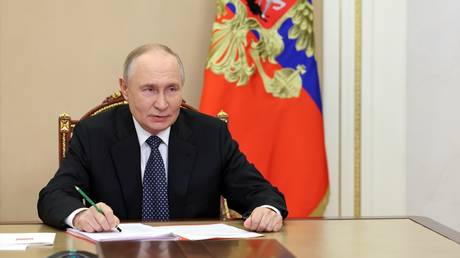A lone figure, standing in the upscale Taikoo Li Sanlitun mall in Beijing, dared to voice dissent. Shortly after the Fourth Plenum concluded, this individual unfurled a banner with a stark message: the Communist Party is an “anti-human cult” and a call for free political parties to build a new, humane China. The protest, captured in fleeting photographs, vanished almost as quickly as it appeared.
The protester’s fate remains unknown, joining a growing lineage of “warriors” – individuals who have risked everything to challenge the established order. These acts of defiance, often solitary and brief, have become a quiet rebellion against a system that tightly controls information and suppresses dissent. Many have disappeared into custody, while others have managed to escape the country, their stories shrouded in secrecy.
Immediately following the Sanlitun protest, a digital scrubbing began. Online platforms like Weibo and Baidu swiftly censored keywords linking the event to calls for political reform, the Fourth Plenum, and even references to key figures amplifying the message from abroad. The attempt to erase the incident from the digital sphere underscored the regime’s sensitivity to any challenge to its authority.
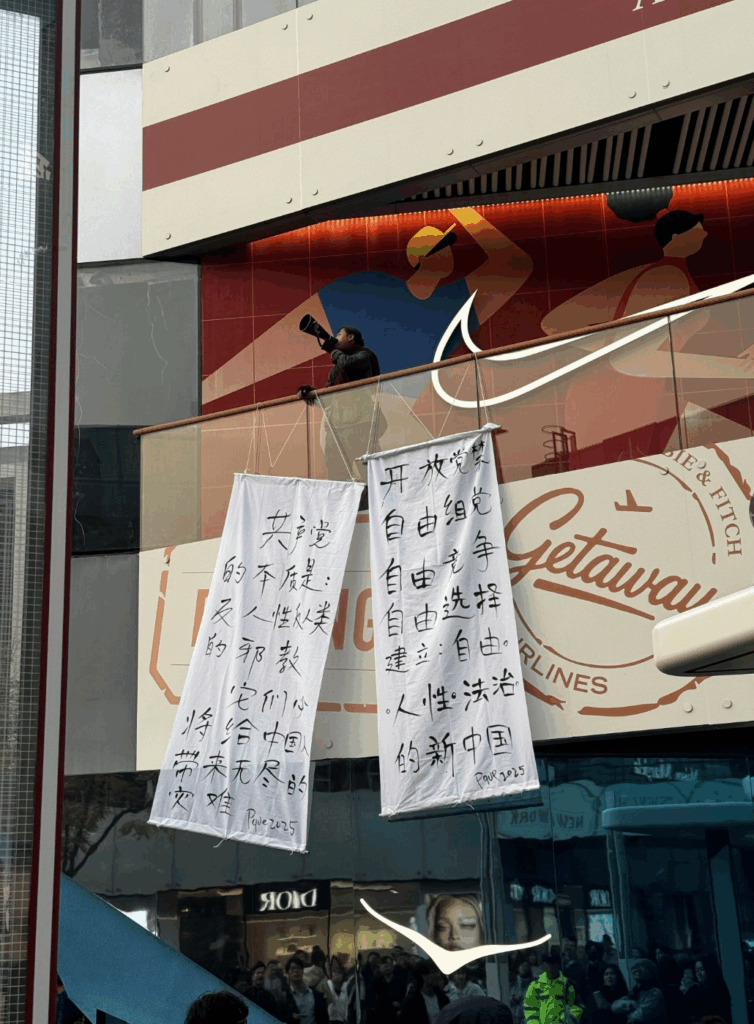
This wasn’t an isolated incident. A chilling chronology reveals a pattern of courageous, yet precarious, protests over the past few years. In Shenzhen, a protester’s identity remains a mystery, their cry for change lost to the shadows. In Beijing, Peng Lifa received a nine-year prison sentence for his bold stand on Sitong Bridge, a stark warning to others.
The protests have evolved in their methods, leveraging technology to circumvent surveillance. Chai Song, while en route to the United States, remotely activated a projector in Jinan, broadcasting his message from afar. Qi Hong, now safely in the U.K. with his family, followed suit in Chongqing, echoing the calls for freedom and a China without the Communist Party.
These acts of defiance aren’t simply about policy; they are deeply personal statements. Slogans like “We want dignity, not lies” and “Be citizens, not slaves” resonate with a yearning for basic human rights and self-determination. The echoes of past movements, like the Tiananmen protests, are palpable, particularly in demonstrations timed to coincide with significant anniversaries.
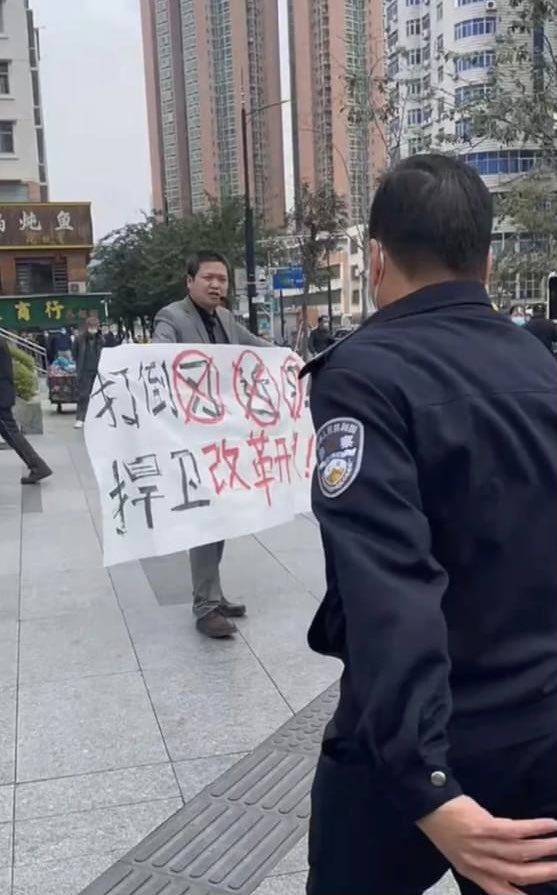
The courage displayed by these individuals is remarkable, especially considering the risks. Zhang Sheng, protesting at Peking University, was swiftly detained. Fang Yirong, echoing Peng Lifa’s slogans, faced an uncertain future. Mei Shilin, protesting on the anniversary of Hu Yaobang’s death, simply vanished.
Even seemingly small acts of resistance carry immense weight. In Kunming, an unidentified protester simply demanded “Xi Jinping must go!” In Suzhou, another called for the fundamental right to vote. These concise demands, delivered in public spaces, represent a powerful rejection of the status quo.
The message is consistent, a growing chorus demanding systemic change. The protesters aren’t advocating for minor adjustments; they are calling for an end to one-party rule, the embrace of democracy, and the recognition of fundamental human rights. They believe a new China is possible – one built on freedom, justice, and the will of the people.
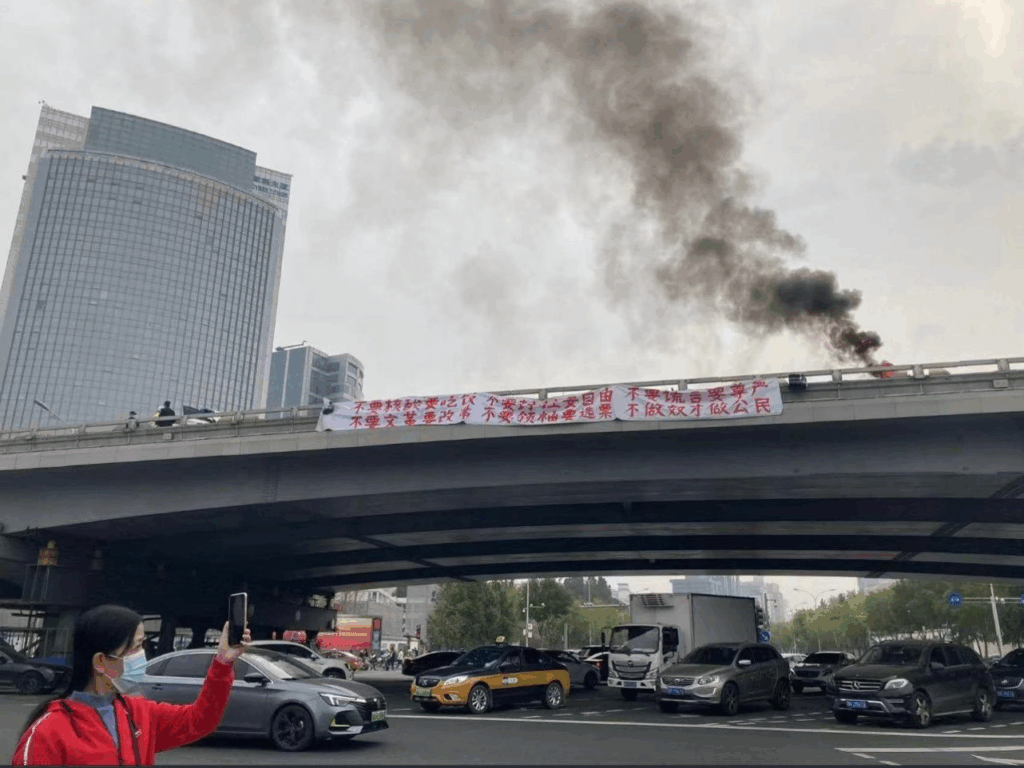
These acts of defiance, though often suppressed, represent a persistent undercurrent of dissent. They are a testament to the enduring human spirit and a powerful reminder that even in the most controlled environments, the desire for freedom can never be fully extinguished.


